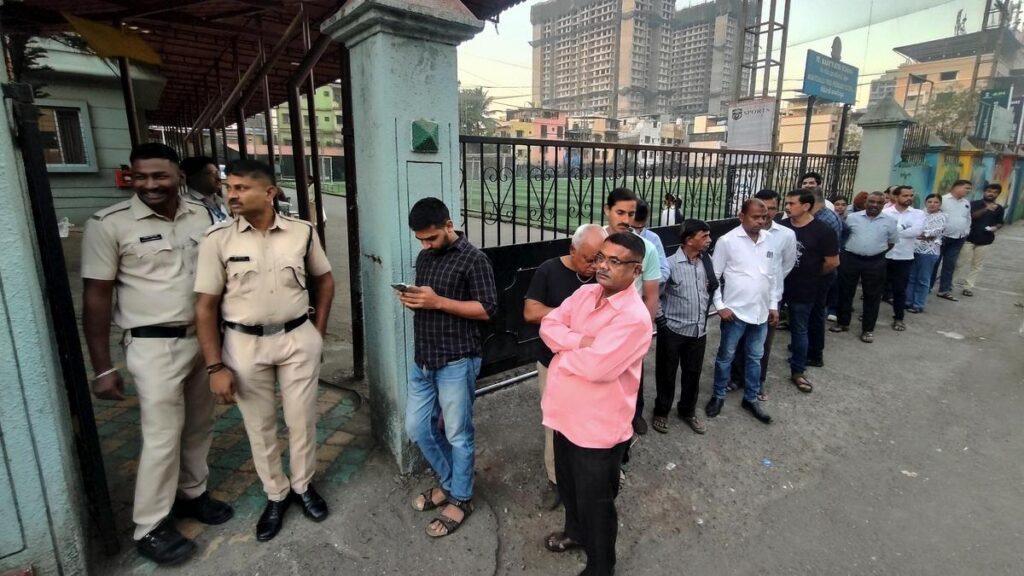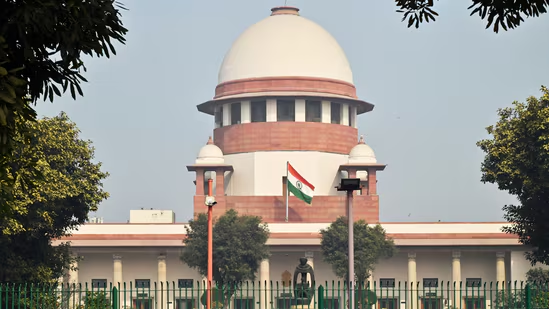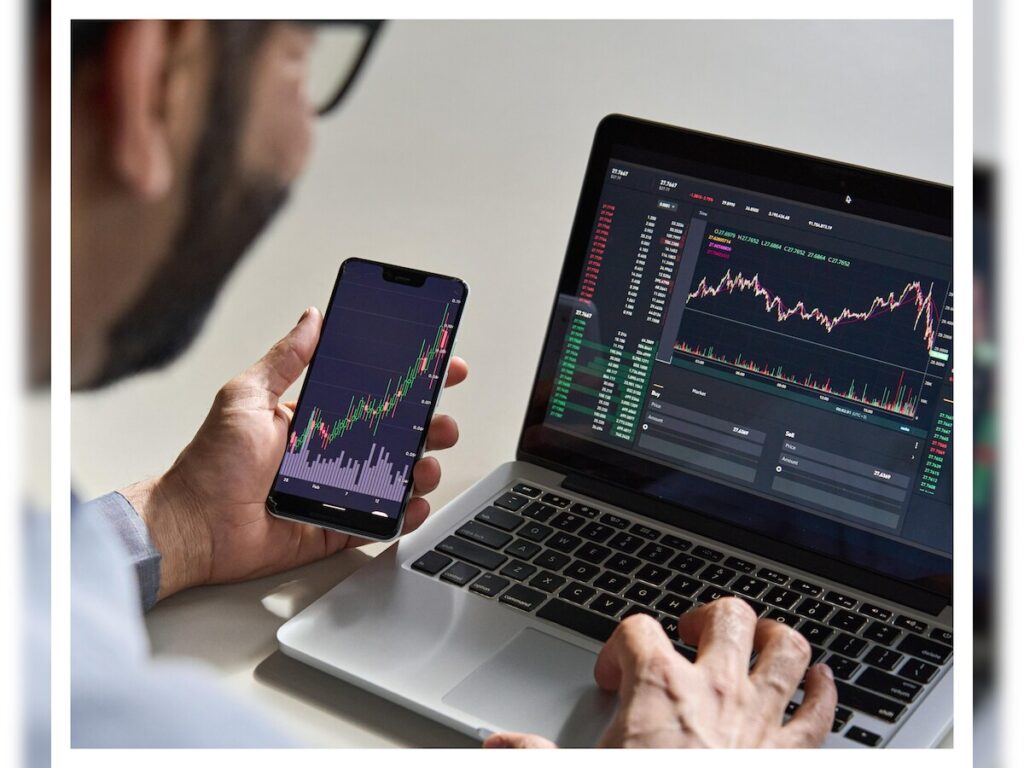Now Reading: ‘Bihar ki Beti’: PM Modi Welcomes Trinidad Leader With a Cultural Nod to Shared Roots
-
01
‘Bihar ki Beti’: PM Modi Welcomes Trinidad Leader With a Cultural Nod to Shared Roots
‘Bihar ki Beti’: PM Modi Welcomes Trinidad Leader With a Cultural Nod to Shared Roots

During a recent diplomatic interaction, Prime Minister Narendra Modi warmly referred to Trinidad and Tobago’s former Prime Minister Kamla Persad-Bissessar as “Bihar ki Beti,” highlighting her ancestral connection to India. She was greeted with traditional Bhojpuri chautaal music, making the moment a blend of political diplomacy and deep-rooted cultural emotion. The event struck a special chord with many Indians, especially those from Bihar and other Tier 2 regions.
Tracing the Ancestral Ties
Kamla Persad-Bissessar’s forefathers migrated from India to Trinidad and Tobago as indentured laborers in the 19th century. Their roots trace back to Bihar, a region from which thousands were sent to the Caribbean during colonial rule. For many in India, her visit symbolized a full-circle journey—where history, displacement, and identity merged on a dignified global stage.
Cultural Recognition on a Global Platform
The warm reception by India included traditional Bhojpuri folk performances, reflecting the continued influence of Indian culture in faraway lands. For Tier 2 cities like Patna or Varanasi, this was more than just a diplomatic gesture—it was recognition of local heritage at an international level. The cultural elements not only made her feel at home but also reminded the Indian public of the global spread of their traditions.
Modi’s Message and Its Broader Meaning
By calling her “Bihar ki Beti,” PM Modi went beyond political niceties. It was a strategic nod to India’s diaspora diplomacy—acknowledging how descendants of Indian migrants continue to play prominent roles worldwide. This message is particularly relevant in states like Bihar and Uttar Pradesh, which have historically contributed a large number of migrants, both domestic and international.
Why Tier 2 India Took Notice
For people in India’s Tier 2 cities, where aspirations are high but global recognition is rare, this moment offered a sense of pride. It reminded many that despite economic or social struggles, their identity and heritage have global resonance. The emotional connection was especially strong among communities whose own relatives live abroad and share similar stories of migration and success.
Conclusion
The meeting between Narendra Modi and Kamla Persad-Bissessar wasn’t just about politics—it was a celebration of cultural continuity and shared roots. In acknowledging her as “Bihar ki Beti,” India opened its heart to a global citizen with local roots. For many watching from India’s heartland, it was a powerful moment of identity, history, and hope coming together.

























